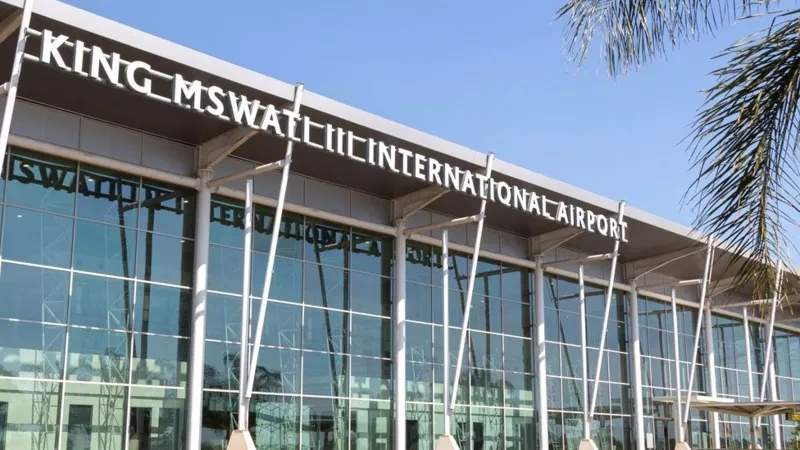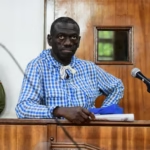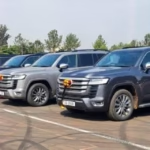KMIII International Airport in Eswatini where the U.S. deportees landed
July 17 — Eswatini (formally Swaziland) government said that it was holding five third-country nationals deported from the United States in isolated prison units under a deal with President Donald Trump’s administration, but sought to eventually send them home.
The U.S. Homeland Security Department said on Tuesday that a deportation flight carrying immigrants from five countries had landed in Eswatini, after the U.S. Supreme Court lifted limits on deporting migrants to countries that are not their own.
The five individuals on the flight were convicted criminals from Vietnam, Jamaica, Laos, Cuba and Yemen, it said. U.S. Department of Homeland Security spokeswoman Tricia McLaughlin said on X their home countries had refused to take them back.
The arrival of the U.S. deportees in Eswatini sparked off public concern with a pro-democracy group, the Swazi Solidarity Network, condemning the deal as deplorable.
Spokesperson Lucky Lukhele said that Eswatini must not become a dumping ground for criminals, and that citizens needed protection.
“Government acknowledges the widespread concern regarding the deportation of third-country prisoners from the United States of America into the Kingdom of Eswatini,” said Eswatini’s acting government spokesperson Thabile Mdluli in a statement.
“Indeed, five inmates are currently housed in our correctional facilities in isolated units,” she said, adding that this was “the result of months of robust high-level engagements” with the United States government.
Eswatini, a landlocked nation in Southern Africa, is home to about 1.2 million people and ruled by an absolute monarch who has been in power since 1986.
The statement said that Eswatini and the United States would “collaborate with the International Organization for Migration (IOM) to facilitate the transit of the inmates to their countries of origin.”
Last month, the US Supreme Court cleared the way for the Trump administration to resume deporting migrants to countries other than their own.
Rwanda has confirmed discussions have taken place, while Benin, Angola, Equatorial Guinea and Moldova have also been named in media reports as potential recipient countries.
Trump’s administration has already deported people to El Salvador and Costa Rica.
South Sudan recently agreed to hold eight men deported from the US and said they were not in handcuffs and appeared to be in good condition.
The war-torn country said the deportees were kept in a civilian facility in the capital Juba, under the watch of police and the national security service. Only one of them is from South Sudan.
In April, US Secretary of State Marco Rubio revoked all visas for South Sudanese passport holders blaming the country for failing to accept the return of its repatriated citizens in a “timely manner”.
It is not clear if that has now changed.
Last week, Nigeria said it would not bow to pressure from the Trump administration to accept Venezuelan deportees or third-country prisoners from the US.
President Donald Trump’s pledge to conduct mass deportations was a centrepiece of his election campaign and an issue on which he drew widespread support, including many Hispanic voters.
He said he wanted to deport people living in the US illegally but White House efforts have been much broader in scope – taking aim at people in the US on student visas, suspending admissions of refugees except white South Africans, and moving to revoke temporary work permits and other protections that had been granted to immigrants by previous presidents.
To crack down on immigrants, Trump’s administration has resumed raids at workplaces, a tactic that had been suspended under his predecessor, Joe Biden.



